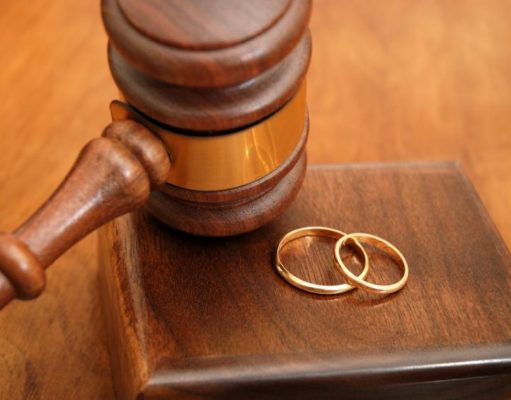
What is a Solicitor?
Within a socioeconomic spectrum, an individual engaging in the act of Solicitation is typically classified as a Solicitor. The classification of an individual as a Solicitor is not expressly illegal in its colloquial definition; however, within a legal spectrum, the expressed nature of a Solicitor is typically illegal in both classification and qualification alike. A Solicitor can be classified as an individual who partakes in any of the following activities that are considered to be illegal, unlawful, and unethical in their construct.
Criminal Solicitor
A Criminal Solicitor, whom is classified as an individual participating in the solicitation of criminal activity, typically engages in the presentation of a prospective opportunity in which the participation of another individual – or individuals – will result in the facilitation of criminal activity.The classification of the behavior of a Solicitorcan be an ambiguous one; prosecutors trying cases that involve solicitation will be required to prove the presence of criminal intent displayed by the Solicitor. The following crimes are common within criminal solicitation:
• Prostitution may be defined as an act of criminal solicitation, which involves the invitationof another individual to engage in sexual activity that typically results in a variety of socioeconomic gain; however, since a prostitute may be considered to be a criminal solicitor, the possibility exists for an individual apprehended to be charged with both solicitation, as well as prostitution
• A Solicitor offering the prospective participation in Scams, rackets, and schemes of an illegal or unlawful nature typically do so with intent of the recruitment of participating individuals; as in the case of many schemes and scams of this nature, the recruitment of participants – both knowing and unknowing – may result in increased gain for solicitors
• The recruitment of an individual – or individuals with regard to the participation of a criminal act may result in additional aiding and abetting charges
Within the realm of presumed commercial solicitation, an ambiguitymay existwith regard to an aggressive, persistentsalesperson and a solicitor; however, the intent latent is far more noticeable with regard to classification of a criminal solicitor and a commercial solicitor – as a result, an attorney responsible for the prosecution of an alleged solicitor must illustrate that the intent to commit a crime was expressed within specific commercial activity – the following are some examples of criminal behavior common to commercial solicitors:
• In the event of online commercial solicitation, Spam is defined as an illicit marketing activity that involves the mass-disbursement of unsolicited information; typically, the aim of Spam is to flood the as many eligible recipients with unsolicited correspondence in order to market a product or service – Email Spam is the mass-transmission of electronic correspondence to recipients whom have neither requested such information, while Networking Spamtakes place through digital, interpersonal communication or digital conversation
• Commercial activity involving Illegal and unlawful sales or marketing resulting from unauthorized entry onto personal property or private domain undertaken by a solicitor may be classified as unlawful solicitation; in many cases, the frequency and severity latent within activity of this nature may result in trespassing charges, as well















